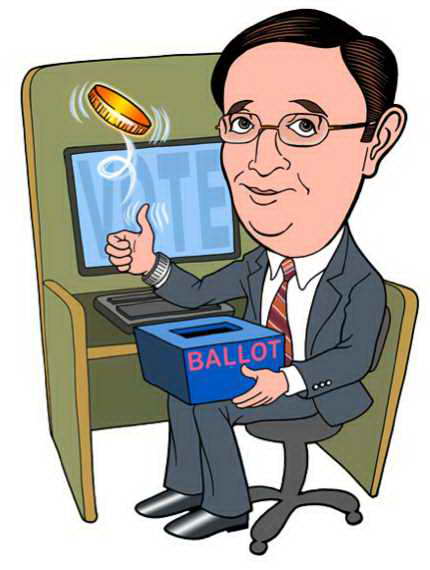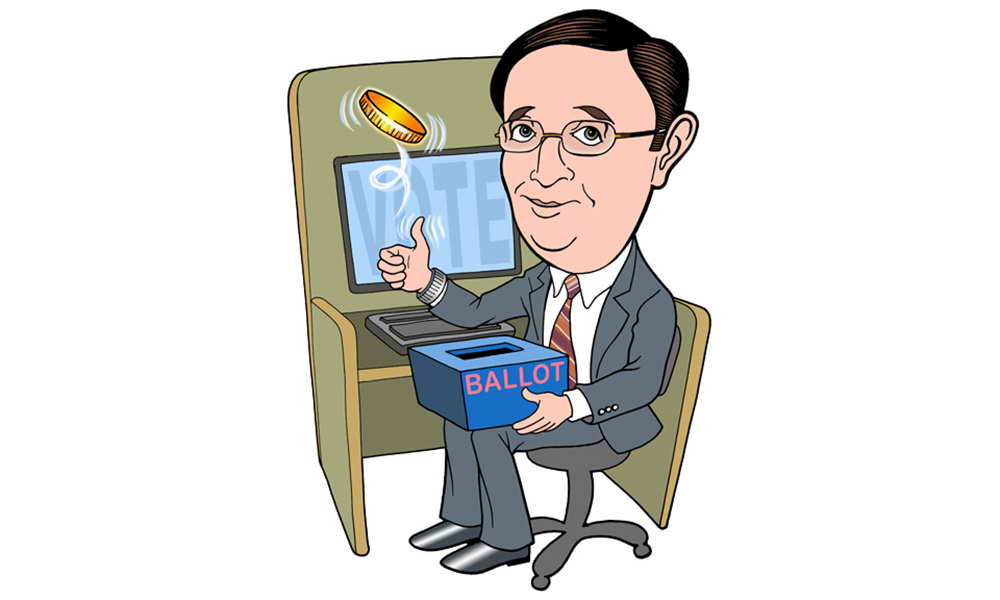By Dr. Lee M. Miringoff
Suffice it to say, the team at The Marist Poll is pleased to join forces with NBC News to provide independent and accurate poll data and analysis on the upcoming GOP presidential primary/caucus sweepstakes. Through this partnership, the public will receive what Marist College students have been participating in for more than three decades, namely, a front row seat to the political process. Marist College students learn by doing. Now, we intend to open up the classroom to the public and demystify the process of conducting public opinion polls.
 Beyond the horse race numbers of who is ahead and who is behind, we hope to provide insight into the dynamics of the race… which issues are driving the electorate, what kind of influence do Tea Party supporters have on the outcome, how does the size and composition of turnout alter each candidate’s chances? In so doing, the public will be better positioned to understand what campaign consultants are looking at in their private polls, the ones they use to devise their strategies.
Beyond the horse race numbers of who is ahead and who is behind, we hope to provide insight into the dynamics of the race… which issues are driving the electorate, what kind of influence do Tea Party supporters have on the outcome, how does the size and composition of turnout alter each candidate’s chances? In so doing, the public will be better positioned to understand what campaign consultants are looking at in their private polls, the ones they use to devise their strategies.
The NBC News/Marist Poll is all about disclosure and transparency. There are polls, and then there are polls. Some use “live” interviewers and scientific methods to select a random sample, including calling cell phone only households. Some do not. Some provide the public with their question wording and the order in which questions are asked. Some do not. Some use well trained, quality interviewers. Some do not. Some disclose how they define the all important “likely” voter. Some do not.
In essence, sometimes the public is in on the secret of how poll numbers are derived. But, unfortunately, often the public is not. Instead, citizens are bombarded by polls with little guide as to how the sausage is made. No longer. In this partnership, to paraphrase Chuck Todd, we will bring people into the polling process and “kick the tires.”
We will provide information about how samples are selected, why cell phone only households are called, how likely voters are identified, what role question wording and question order play in the survey process, what makes for good quality interviewing, and how we go about analyzing the poll results.
We fully understand that public opinion polls are graded by whether they pick the right winner and by the right margin. But, when it comes to prediction, pre-primary/caucus polling is a particularly perilous endeavor. Our NBC News/Marist Polls will be conducted prior to the casting of votes, and, as such, are aiming at a moving target. With primary turnout much lower than in a general election and with an electorate which is typically late in deciding whether to vote or whom to support, things can be pretty volatile. Not surprisingly, a great deal can happen from the time a poll is conducted to primary day.
Having said this, picking the winner (by the correct margin) and understanding what is driving the electorate remains the goal. But, when it comes to prediction, let’s not ask psephologists to accomplish what we don’t expect from seismologists or demand from meteorologists. Translation: predicting public opinion may be no more dependable than timing an earthquake or forecasting the weather. Nonetheless, we will communicate what works and what doesn’t. Hopefully, we will all learn from the experience.

